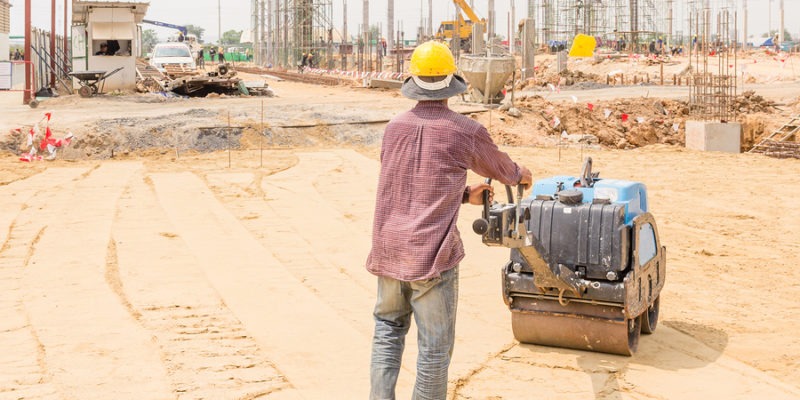The Office of Minnesota Attorney General Keith Ellison
July 6, 2023
Minnesota Attorney General Keith Ellison announced today that he is forming a new Advisory Task Force on Worker Misclassification. He is soliciting applications to serve on the Task Force through the State of Minnesota Open Appointments process. Applications are being accepted now through August 2, 2023.
“Misclassifying workers hurts not only those who are misclassified and their families, it hurts all Minnesotans, including businesses who do the right thing by their employees by playing by the rules, and every Minnesota taxpayer who has to make up the slack for law breaking employers,” Attorney General Ellison said. “I’ve created this task force to gather the best thinking about the problem and make practical, workable recommendations to the Legislature, State agencies, other levels of government, industry, nonprofit organizations, and advocates about how we can put an end to the problem. It’s another way we can help create a more level playing field and a fairer economy, which helps all Minnesotans better afford their lives and live with dignity, safety, and respect.”







